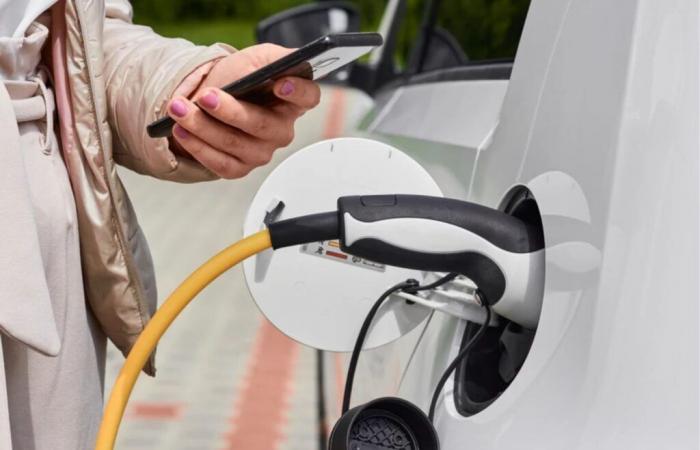Electric car news
Electric cars are generating more and more interest, but also a lot of questions. Among the most frequently asked questions: how much does an electric journey really cost? Preconceived ideas persist, sometimes fueled by approximate reports. Let’s take stock of the real costs of using electric cars, by comparing them to thermal models.
The cost of charging at home: the most economical option
Charging your electric car at home remains by far the most financially advantageous solution. With an average kWh rate of €0.2068 during off-peak hours, the cost of traveling 100 km falls to around 3.50 € for a vehicle consuming 17 kWh/100 km. That’s almost 4 times cheaper than an equivalent diesel vehicle!
To optimize your home recharges, several options are available to you:
- Install a wallbox, ideal for fast and secure charging
- Use a reinforced Green’Up type socket, less expensive but limited in power
- Choose a suitable electricity contract with advantageous rates during off-peak hours
The initial investment may seem significant, but it quickly pays for itself through savings over the long term.


Public terminals: variable but competitive prices
If home charging is not always possible, public charging stations offer an interesting alternative. Their rates, although higher, generally remain lower than the cost of fossil fuels.
According to data from AVERE France for 2024, the average cost of recharging at a slow public terminal (in alternating current) amounts to 0.328 € per kWh. For our reference vehicle, this represents a cost of €5.60 for 100 km. It is certainly more expensive than at home, but still well below diesel or petrol.
Fast terminals, on the other hand, display higher prices, with an average of 0.459 € per kWh. The cost for 100 km then climbs to 7.80 €This additional cost is explained by the speed of charging, allowing up to 80% of the autonomy to be recovered in 20 to 30 minutes.
Comparison with thermal vehicles: the electric advantage
To fully understand the economic advantage of electric cars, let’s compare the costs per 100 km with their thermal counterparts:
| Vehicle type | Cost per 100 km |
|---|---|
| Electric (home charging) | 3.50 € |
| Electric (public slow terminal) | 5.60 € |
| Electric (fast terminal) | 7.80 € |
| Diesel | 10.38 € |
| Essence | 12.74 € |
These figures speak for themselves: even in the least favorable scenario (fast charging), the electric car remains more economical than its thermal competitors. The gap is even more obvious for home charging, with a cost divided by 3 or even 4.
It is important to note that these calculations are based on averages and may vary depending on vehicle models, driving habits and fluctuations in energy prices. Nevertheless, the trend remains clearly in favor of electric.
Beyond the cost of energy: other economic benefits
Saving on fuel is not the only financial benefit of electric cars. Other factors contribute to reducing the total cost of ownership:
- Less frequent and less expensive maintenance (fewer wearing parts)
- Total or partial exemption from the registration card in many regions
- Free or reduced rate parking in some cities
- Access to low emission zones without restriction
These benefits, combined with energy savings, can represent several thousand euros in savings over the lifetime of the vehicle.
Towards more affordable and sustainable mobility
The figures speak for themselves: driving an electric car is significantly less expensive than driving a thermal car. According to AVERE-France, the overall cost of using an electric car is on average 68% lower to that of an equivalent thermal vehicle.
This economic reality, coupled with the environmental benefits, explains the growing enthusiasm for electric vehicles. As technologies continue to improve and charging infrastructure develops, switching to electric increasingly appears to be not only an environmentally friendly option, but also an economically sound one.
Of course, the initial purchase cost of an electric car often remains higher than that of an equivalent thermal model. However, the savings made during use generally make it possible to amortize this difference in a few years, especially for high mileage drivers.
Ultimately, choosing an electric car is no longer just a gesture for the planet, it is also a relevant economic choice. As technology advances and production costs fall, this trend is only expected to increase, making electric vehicles ever more accessible and attractive to a wide audience.
Source: Frandroid
Written by Philippe Moureau
Forty-something electric car enthusiast. I am interested in the energy transition and the fight against greenhouse gas emissions. I am a true electric car enthusiast and environmental advocate.
React to the article







